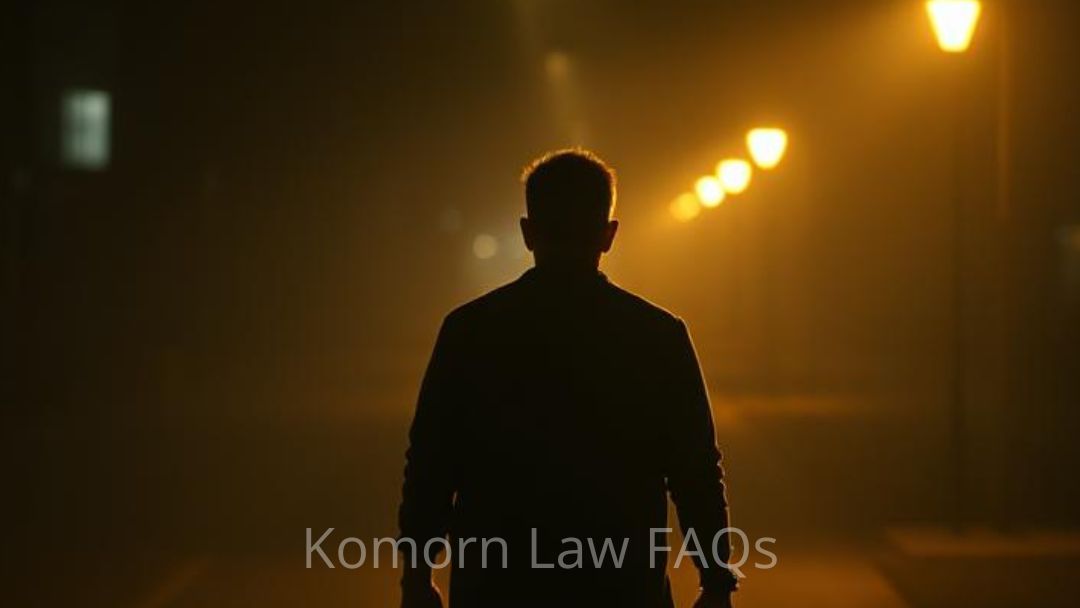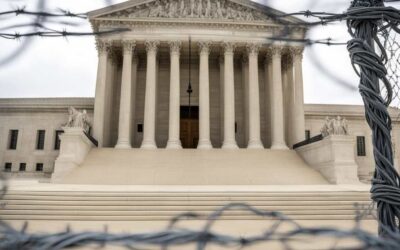Do Passengers have 4th Amendment Rights?
Michigan Supreme Court Limits Police Ability to Search Passenger Property in Cars
Background
Mead was a passenger in a car and had just met the driver, who offered him a ride. When the police stopped the vehicle and ordered both the driver and Mead out, the driver consented to a search of the car.
The police officer searched the car, including Mead’s backpack left on the passenger seat, revealing methamphetamine, marijuana, pills, and a digital scale.
Mead’s possession of methamphetamine led to his arrest, followed by a motion to suppress the search which was ultimately denied. The court denied the motion, citing People v LaBelle, 478 Mich 891 (2007). Defendant was convicted and sentenced to serve 2 to 10 years in prison as a habitual offender, resulting in a 2 to 10-year prison sentence imposed by the judge.
The Case
Mead argued that the police did not have the right to search his backpack, highlighting the limited ability of a car passenger to challenge a vehicle search.
However, there may be specific circumstances where a passenger could potentially contest such a search.
To challenge a search, one must show a valid Fourth Amendment expectation of privacy in the area searched, recognized by society. Courts analyze all circumstances to determine the legitimacy of this expectation.
The Court found that Mead had a legitimate expectation of privacy regarding his backpack, as it was his own property that was being searched. This differs from a common scenario where a passenger may hide illicit items in a car they are traveling in.
In a unanimous opinion by Chief Justice MCCORMACK, in lieu of granting leave to appeal, the Supreme Court held:
A passenger’s personal property is not subsumed by the vehicle that carries it for Fourth Amendment purposes. Accordingly, People v LaBelle, 478 Mich 891 (2007), was overruled; in its place, the following standard applies: a person may challenge an alleged Fourth Amendment violation if that person can show under the totality of the circumstances that he or she had a legitimate expectation of privacy in the area searched and that his or her expectation of privacy was one that society is prepared to recognize as reasonable.
The Driver Gave Consent to the Search the Car?!?!
The driver voluntarily allowed the officer to search the vehicle. Consent grants the officer the authority to conduct a search without the need for a warrant.
The key difference lies in the driver lacking the authority to authorize the officer to search Mead’s backpack, as the backpack belonged to Mead.
Read the case and opinions here
PEOPLE OF THE STATE OF MICHIGAN, Plaintiff-Appellee,
v.
LARRY GERALD MEAD, Defendant-Appellant.
Docket No. 156376.
Supreme Court of Michigan.
Argued on application for leave to appeal October 24, 2018.
Decided April 22, 2019.
Legal Counsel and Your Rights
When facing legal challenges, particularly in criminal cases, it is advisable to seek legal counsel immediately.
An experienced attorney can provide guidance on how to navigate interactions with law enforcement while safeguarding your constitutional rights.
Since 1993 our expert legal defense in navigating criminal law matters and protecting your constitutional rights are what we eat for breakfast everyday.
Contact Komorn Law PLLC if you’re ready to fight and win.
Research us and then call us.
CONSTITUTION OF MICHIGAN OF 1963
§ 11 Searches and seizures.
Sec. 11.
The person, houses, papers, possessions, electronic data, and electronic communications of every person shall be secure from unreasonable searches and seizures. No warrant to search any place or to seize any person or things or to access electronic data or electronic communications shall issue without describing them, nor without probable cause, supported by oath or affirmation.
The provisions of this section shall not be construed to bar from evidence in any criminal proceeding any narcotic drug, firearm, bomb, explosive or any other dangerous weapon, seized by a peace officer outside the curtilage of any dwelling house in this state.
History: Const. 1963, Art. I, § 11, Eff. Jan. 1, 1964 ;– Am. S.J.R. G, approved Nov. 3, 2020, Eff. Dec. 19, 2020
Constitutionality: The last sentence of this section was held invalid as in conflict with US Const, Am IV. Lucas v People, 420 F2d 259 (CA 6, 1970); Caver v Kropp, 306 F Supp 1329 (DC Mich 1969); People v Pennington, 383 Mich 611; 178 NW2d 460 (1970); People v Andrews, 21 Mich App 731; 176 NW2d 460 (1970).
Former Constitution: See Const. 1908, Art. II, § 10.
Recent

Criminal Law FAQs – Drunk and Disorderly
Michigan Criminal Laws FAQs Drunk and DisorderlyAccording to Michigan State Law (Michigan Compiled Laws - MCL), there isn't a specific statute that solely defines "Public Drunkenness" as a statewide criminal offense in the same way some other states might have a...

Criminal Law FAQs – Drinking Alcohol or Smoking Marijuana and Driving
Michigan Criminal Laws FAQs Operating a Motor Vehicle Under The InfluenceWalking is cool... For fun and excercise. Not because you lost your license. Don't do the crime if you can't pay the price. But if you do get charged with a crime. Better Call Komorn to fight for...
Other Articles
Supreme Court Opinion – Created federal agencies need judicial oversight
Summary of the Opinion in Loper Bright Enterprises v. RaimondoIn Loper Bright Enterprises v. Raimondo, the Supreme Court addressed the enduring precedent set by Chevron U.S.A., Inc. v. Natural Resources Defense Council, Inc., which has shaped administrative law for...
Carjacking is a Federal Offense
Carjacking is a Federal OffenseCarjacking, the act of forcibly stealing an occupied vehicle, has long been a concern for public safety. It was a local and state issue until a series of violent incidents in the early 1990s that carjacking became a federal...
SCOTUS: No separate hearing required when police seize cars loaned to drivers accused of drug crimes
SCOTUS: When police seize cars loaned to drivers accused of drug crimes it does not necessitate a separate preliminary hearing.The U.S. Supreme Court has ruled against two women who loaned their cars to others arrested for drug crimes while using the vehicles, leading...
SCOTUS Opinion, SHEETZ v. COUNTY OF EL DORADO, CALIFORNIA
The Constitution provides “no textual justification for saying that the existence or the scope of a State’s power to expropriate private property without just compensation varies according to the branch of government effecting the expropriation.”The case in question...
















